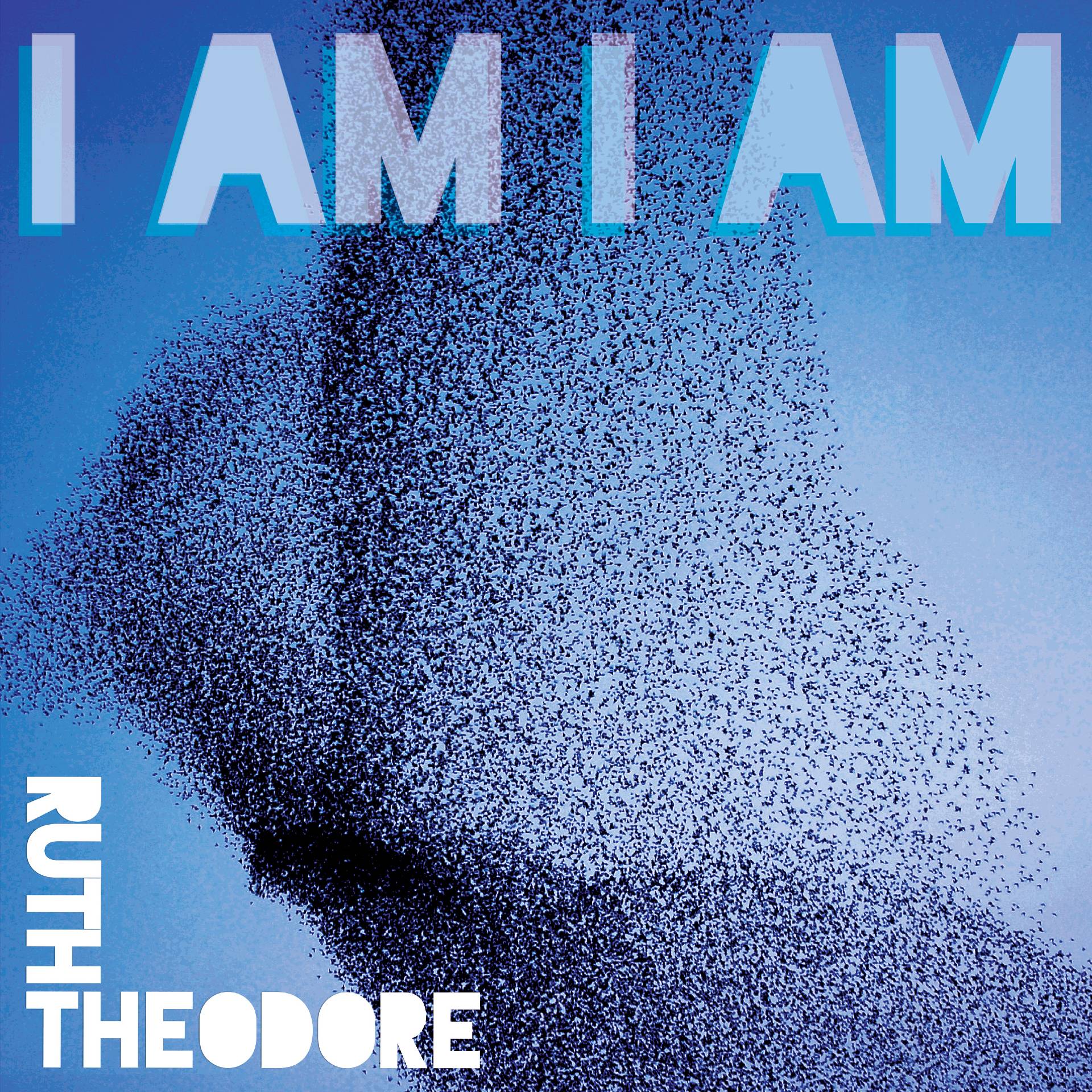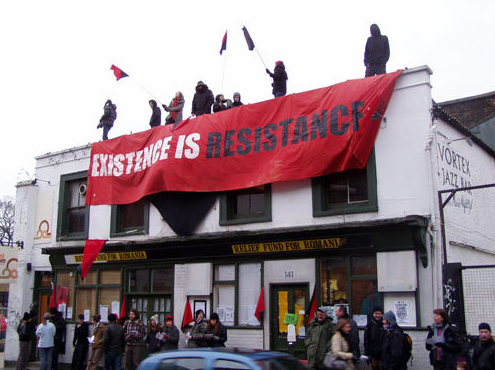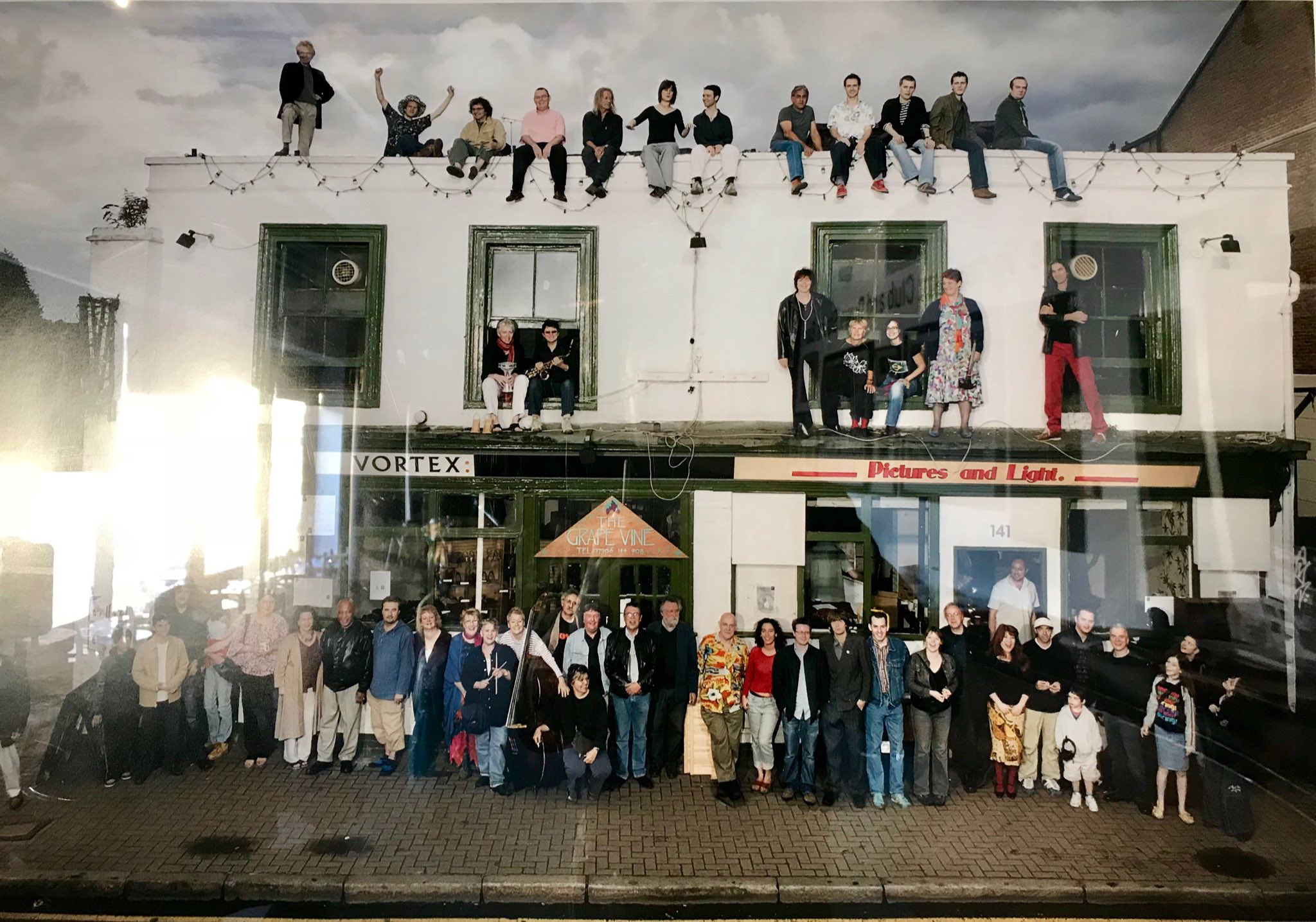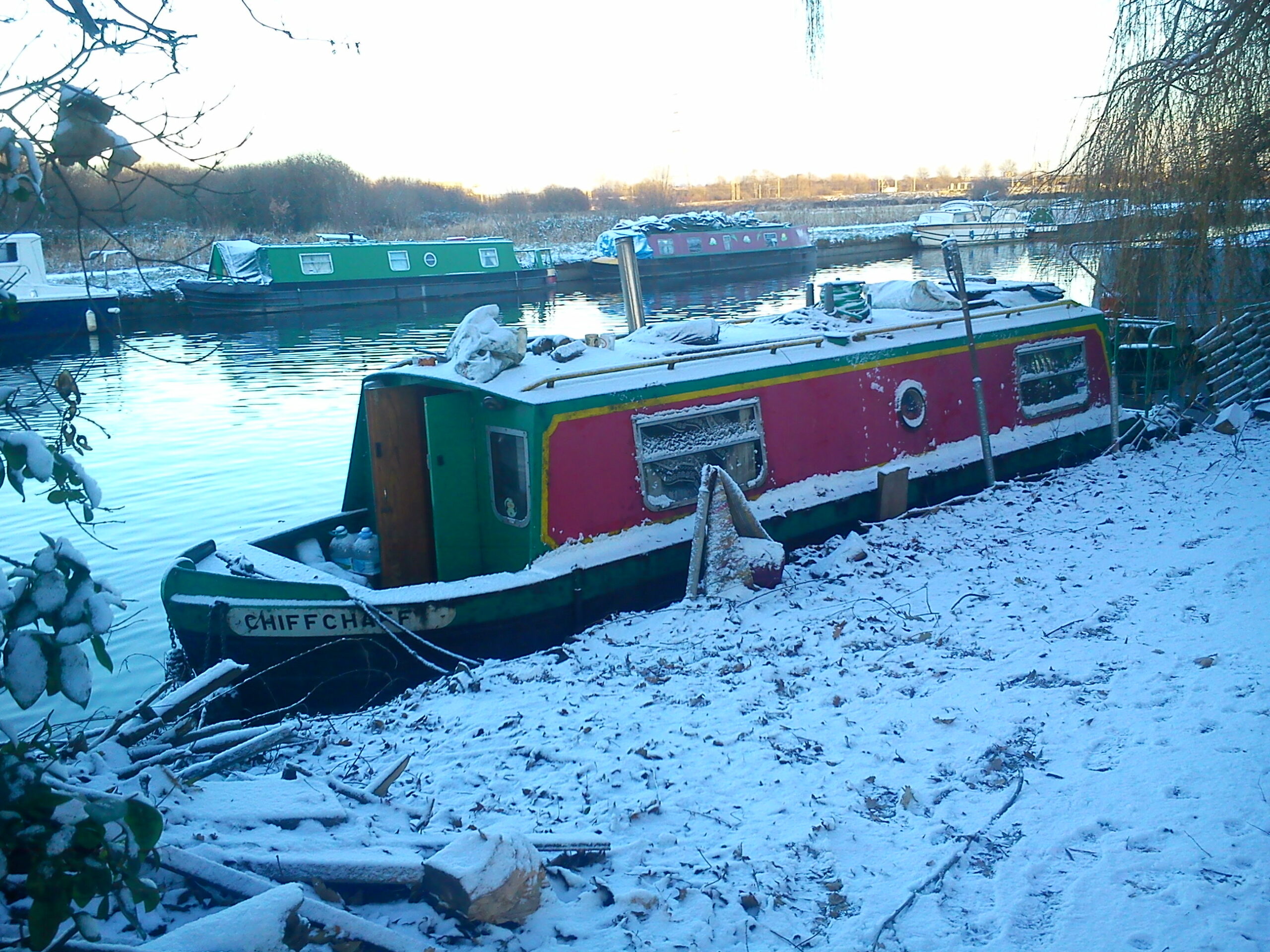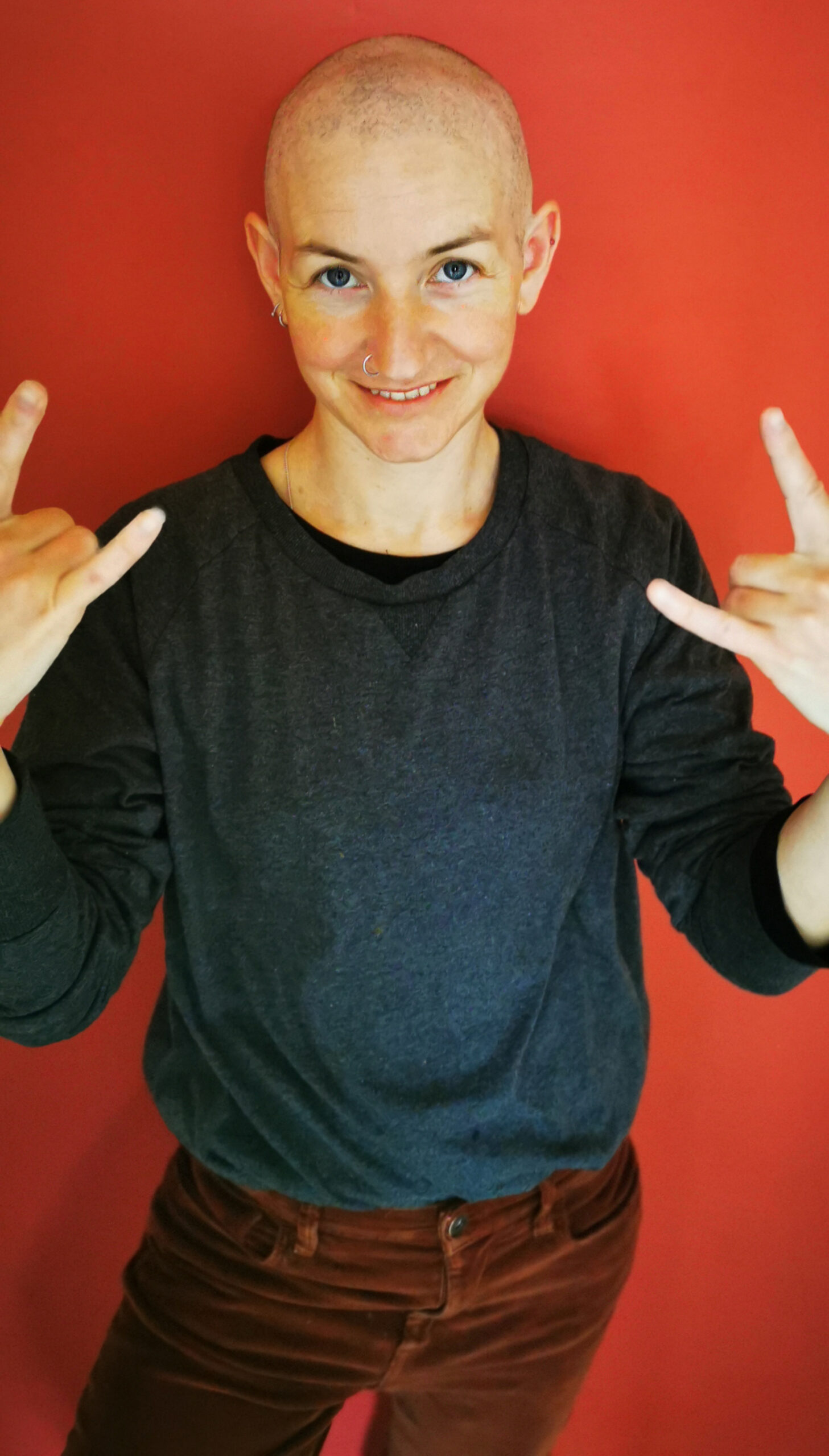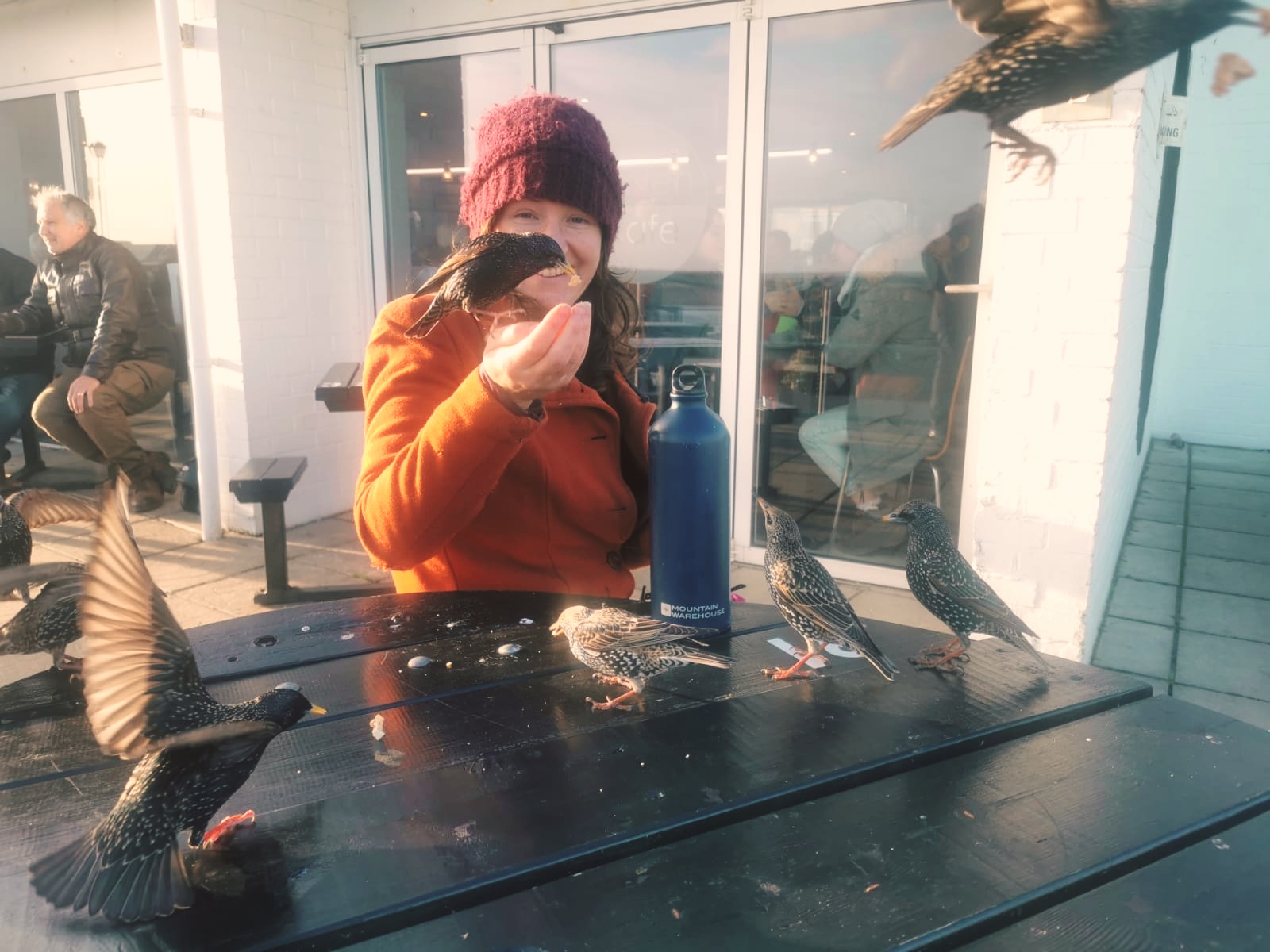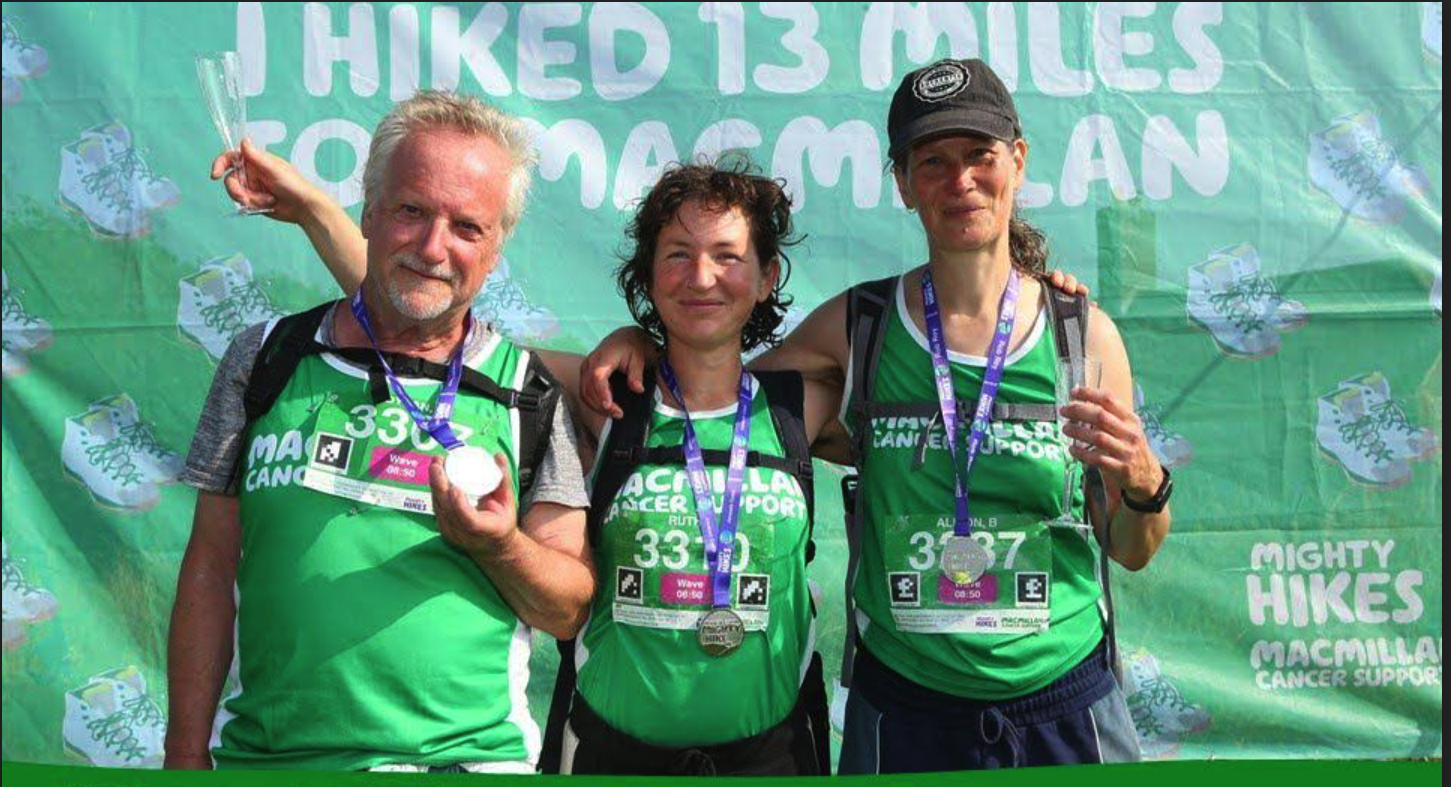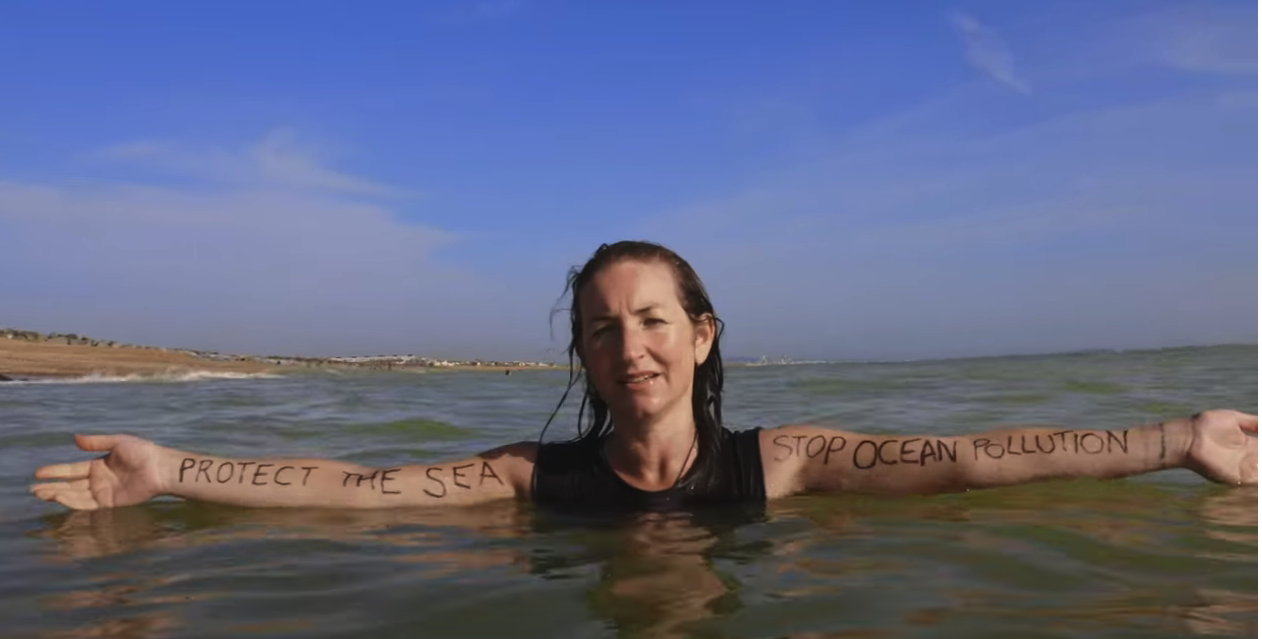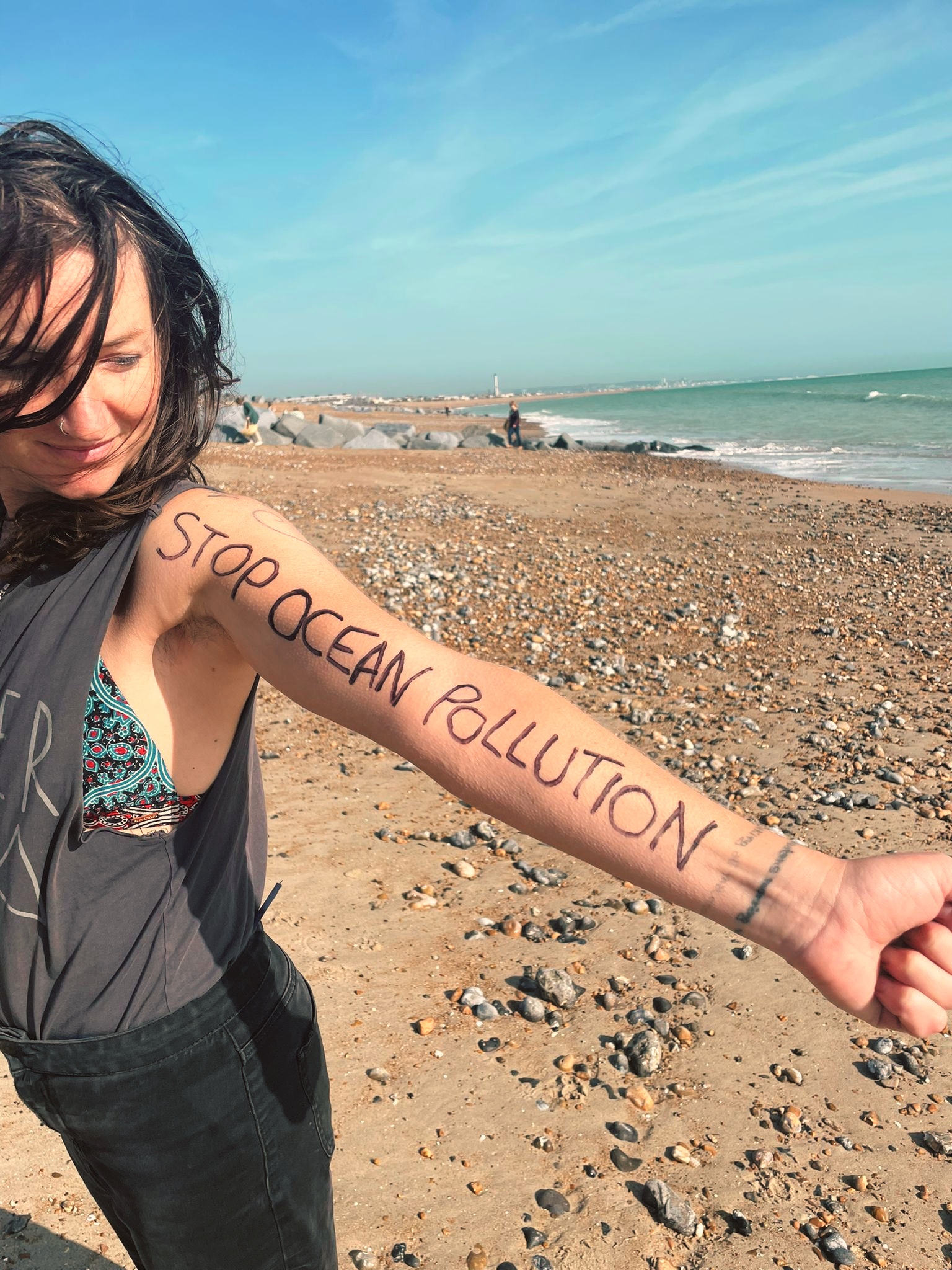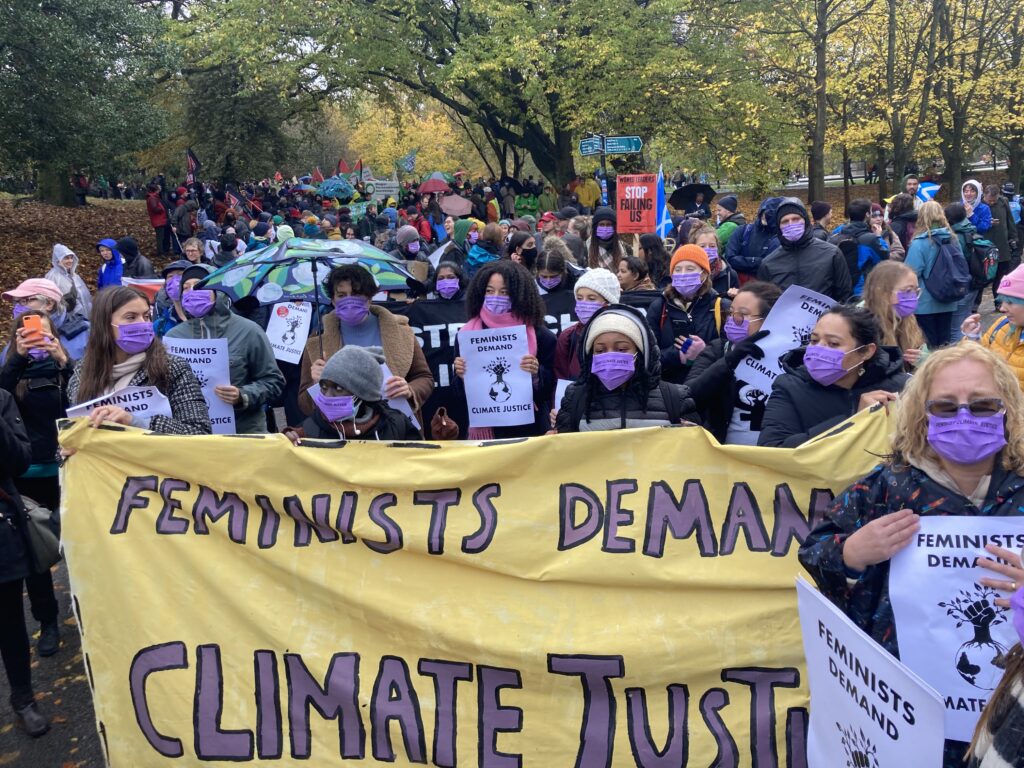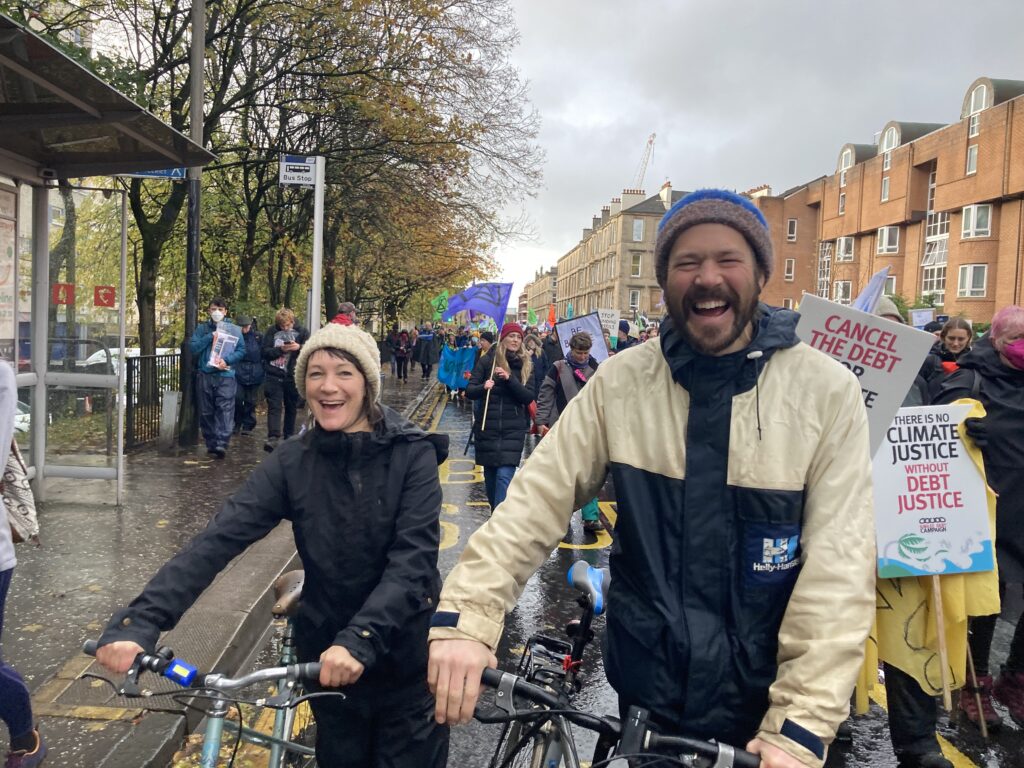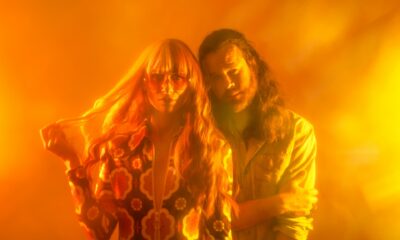Folk
Vox Populi: Ruth Theodore Shares Her Views on the Climate Crisis
Singer-songwriter Ruth Theodore joins us today in a Vox Populi interview to discuss her interest in and her concerns for the global climate crisis.
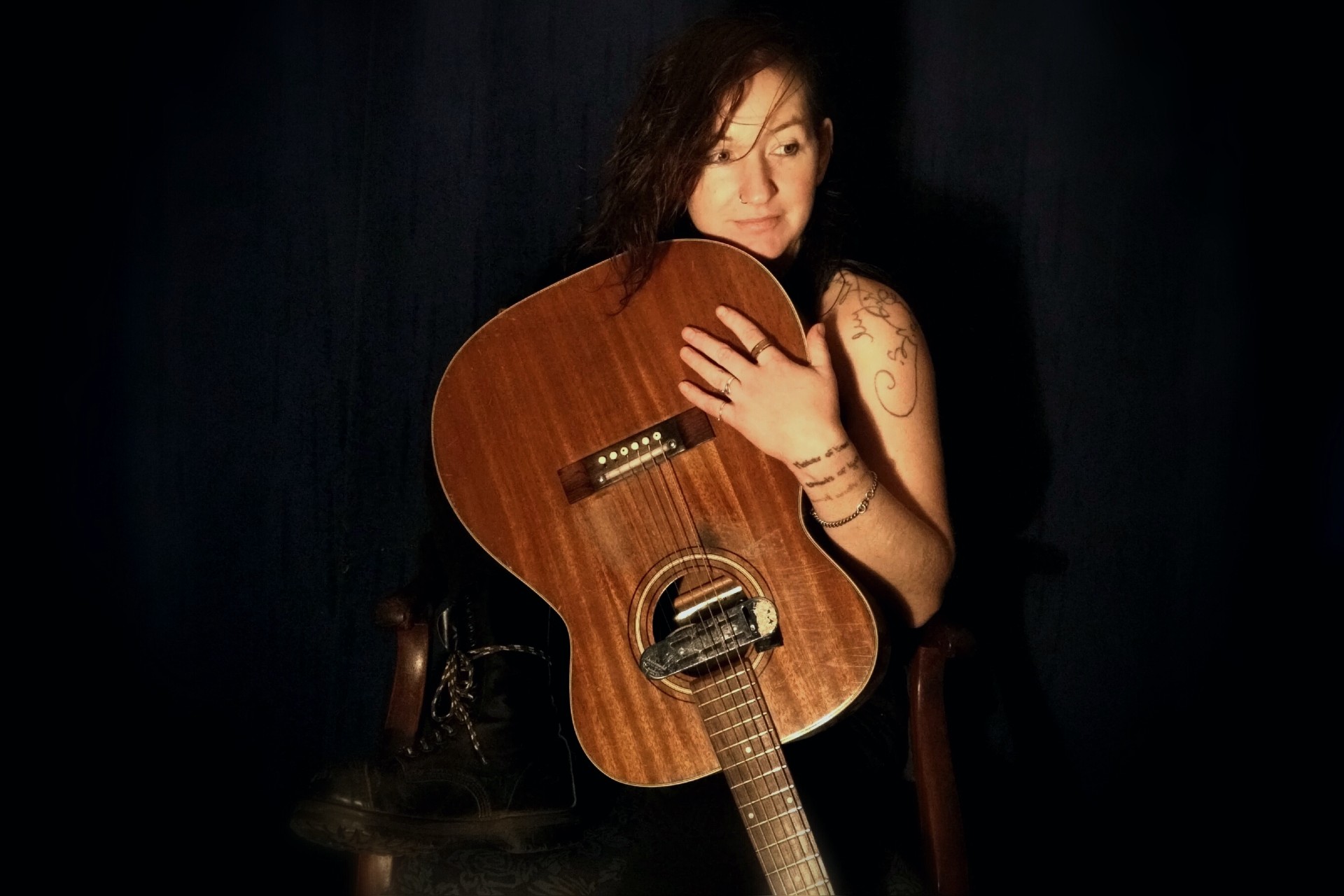
Ruth Theodore has a lot of goals as a musician, but perhaps the most significant is to make you think. She’s not a preacher, but she looks to use her voice for good reason. You’ll most likely recognize that on her new single “Barbed Wire Fence.” This is the final single before the release of Theodore’s I Am I Am album on May 3rd. The song is a rebellious one, an anthem of sorts, that promotes queer love, freedom, and defiance. It’s also something of a thought experiment, challenging the listener to question the physical and mental barriers that confine us while also encouraging you to embrace the spirit of adventure toward liberation.
With “Barbed Wire Fence,” you get what Theodore strives toward with I Am I Am. The British alt-folk artist is not afraid to take on significant artistic challenges. The release of her 2016 album Cactacus was Theodore’s most commercially successful outing, and it also was hailed by critics. But hard times soon arrived when she was diagnosed with breast cancer in 2019, with chemotherapy to follow. This, of course, all took place during the worst of the global pandemic, which made things even more difficult. But Theodore made the most of things, approaching these uncertain times as an opportunity to channel her energy into what she loved. The result was a bevy of new material, which has become I Am I Am.
Joining us today for a Vox Populi interview is Theodore. We discuss the global environmental crisis, how she got invested in the issue, and her views on what we can do about it.
No matter what your political or ethical outlook, there are issues and topics that we are all passionate about. Some examples are climate change, human rights, poverty, military conflicts, prejudice, and economic disparity. With this in mind, what’s the issue or topic that you are most passionate about?
“Trying to choose the topic I’m most passionate about is a tough call when the way I see it these topics are all so interconnected that I couldn’t really talk about one without referencing another and thinking of another seven that didn’t get a mention.
I guess the environmental crisis underlies so many of the humanitarian issues and conflicts happening around the globe right now. Trying to diagnose which is the most concerning without questioning this broken capitalist system in which they co-exist feels like watching our incredible species, strong as an Olympian, hobbling into a doctor’s surgery in a pair of running shoes that obviously don’t fit and getting diagnosis upon diagnosis and bandage upon bandage applied to every toe. Unable to ascertain whether it’s the right foot or the left foot that’s causing the biggest problem, the doctor prescribes that the Olympian sway from right to left perpetually causing repeated discomfort. Nobody questions the shoes of course because they’re made by Nike, and everyone knows Nike is a really reliable brand.
“This probably sounds like an abstract metaphor. But the point I’m trying to make is that collectively, as a species, we (i.e. the Olympian) have been gradually persuaded that we are the problem, that the governments, the experts and the products, save us from ourselves and that real systemic change, like finding shoes that fit better is out of the question.
“They’d rather we keep blaming the left foot then the right foot because that way only very little and very temporary change can happen. They stay in power, they stay wealthy, we stay crippled. Surrounded by comforts we’ve learnt to fear change. But change is not the enemy.
“The environmental crisis we are facing now requires us to see a bigger picture. For the first time in history, we find ourselves in a situation where the most dangerous thing we can possibly do is to remain the same.
“It’s a hard one to get your head around for sure and there’s a million reasons why changing everything sounds like an extremely difficult thing to do. But I really believe that this could be easier than we think and actually even enjoyable. What if this moment of reckoning, could see the people reclaim a sense of collective strength? See us find new ways to work together, to become adaptive, to become stronger, more creative and more able to work together for a positive future.
“The climate crisis at this moment in time, can not only be halted but could even be reversed to lessen some of its impacts. It needn’t be a downward spiral. We don’t have to be the people whose hands were tied. We can be the people that showed the way, that changed it around. That laid the path. But in order to do this we need to be ahead of the curve.”
Why is the climate crisis so important to you?
“I’ve developed a deep faith in people since I was about 14 and a street busker. Over this period of time, I became kind of observant. I would sit in relative stillness, almost invisible in my quiet spot on the edge of a hectic bustling street (just hearing how creepy this sounds now!). I’d watch people meeting, people parting, people dropping pastry crumbs down their shirts, people flirting, people fighting, people being too strict with their dogs, people not being strict enough with their dogs, people without dogs but with little dog patterns on their socks, people lifting each other’s spirits, the man with a cat on his shoulders, the woman with the toe rings.
“Then eventually I’d sing some songs and total strangers would come up and talk to me about all kinds of stuff. Sometimes the girl with the big blue eyes like spaceships would stop for a while. I met so many amazing people. Being a young girl singing on the streets by myself, people would try and care for me. They’d offer food, books, a place to sleep and other kindnesses. That really shaped how I see the human race.
“I went from there to London, squatting disused buildings with groups of radical activists and running these buildings as social centers and music venues, bringing in the homeless and the mentally ill, the local business owners, the curious neighbours, the musicians, the artists, and the other radical political groups, providing a space for all kinds of people to come together. It was again a really positive insight into the nature of people.
“I then moved onto a small boat moored on squatted land in East London. There I found a community so strong and resilient and all clinging on to this little loophole of land that I remained there for almost 15 years. It was such a unique time and deepened my feelings of awe for the ingenuity of those who have to make the few possessions they have work and yet still find room to be generous. I’m eternally grateful that they took me into the community.
“Currently I live above a pub/music venue. There too I’m always talking to new people, people I wouldn’t otherwise talk to. Listening to their stories. Then I go off on tour and night after night I’m meeting more new people. I love it.
“And it doesn’t seem right to me when I think of all the amazing people in my life that we are the very same creatures that are blowing one another up over land and religion and blocking aid and preventing ceasefires… Killing women and children and also young men, and swallowing media that perpetuates racial discrimination. That we same creatures are trawling the sea bed, killing everything in our path, dumping plastic into the ocean or hiding our trash on the land of people whose lives and well-being are supposedly less valuable than our own. Sitting in cars with the engines running, throwing litter out the window.
“How? Something has happened. Something is squeezing us. And Something doesn’t fit.”
When did you first get involved in this issue?
“I guess what I’m talking about is a seismic shift in the human mentality. I don’t pretend to be any more enlightened than the next person. But I do remember that I had a marked change in perspective when I was ill and had the realization that I was made up of ‘matter.’ And I saw things then with a simplicity and a clarity that I had not been able to achieve before. I had to reconcile with the idea of my flesh returning to the earth and found genuine comfort in the idea of regeneration.
“Understanding that who I am now will always exist but that it is physically capable of changing shape and shifting form, I became much more fluid about who I might be in the future and how I define myself and the world around me now. Everything is temporary. We don’t have as long as we think. Change is an integral part of life, and we’re changing constantly, so perhaps we don’t need to fear it. Either way, it’s coming, ready or not, so let’s get ready!”
Who/what has been the biggest inspiration in trying to deal with this issue?
“Starlings, which are a native species here in the UK, have been my biggest influence lately. In fact, I’ve based my album artwork on their incredible murmurations (the collective noun for a large group of starlings in flight) as they are just phenomenal to watch. Each starling matches their movements to the birds surrounding it. If one starling changes its flight direction or speed, the birds around it also change their flight direction or speed. This change spreads throughout the group and creates the patterns of the murmuration. They aren’t necessarily aware that they are part of a greater picture but watching from the ground I see them take all kinds of shapes and morph into formidable forms that mimic objects and creatures, they tell stories with their ever-changing shapes. Each starling, going with the flow and trusting in the process.
“They have no resistance to change because they instinctively know that to leave one state doesn’t mean forever remaining in another. Because no permanent state exists. Change creates change. The Starlings seem to balance collective trust and individual flexibility effortlessly and instinctively yet we find it much more difficult to fathom. The idea that we can be anything and everything together, that we can be one thing one minute and another the next sounds almost absurd to us. We’re so busy trying to categorize our complicated world that we clip our own wings in the process.”
If you could have everyone in the world hear you for one minute, what would you tell them about this topic?
“Hello, everybody!
“Instead of the crippled Olympian hopping from sore foot to sore foot, imagine the human race as one big Starling Murmuration hovering over land and sea, greater than the sum of our parts, perpetually changing shape. Becoming and unbecoming different forms. Fluid and flexible, adaptable and graceful. Mesmerizing… And then try and put a shoe on it.
“We are currently shifting from left to right, Labour to Conservative, Trump to Biden and perhaps back again. Looking up at our fading fossilized icons to reassure us that we don’t have to change. But we do. The sun is setting. And when we do finally take to the skies. It will be beautiful. I’ll see you there.”
What are some ways you’ve contributed to the solutions to the issues surrounding the climate crisis?
“These days I put a lot into writing about the way I see the world and trying to raise awareness of issues through music and on stage. I talk about issues on stage and get involved in fundraising for charities.
“I’m particularly keen on working to protect the ocean. I’m an ocean swimmer and do all I can to give back the goodness it’s given me. But I’m only one Starling and I am pretty powerless on my own. I attend marches for humanitarian and environmental issues and do my bit where I can but it’s a wider message that I’m interested in spreading and I think it is through my art and on stage that I get to say what I really feel and reach the most people.”
What is a book, movie, or other source of information you would recommend for anyone looking to get involved in this issue?
“There is a Peabody-winning podcast called Threshold (Time to 1.5) which I have found extremely enlightening and encouraging. Managing to conduct revealing interviews with people around the world affected in one way or another by climate change, Amy Martin treats all opinions and people with what feels like a very genuine respect and decency whilst trying to forge a way forward through the climate crisis. It’s really worth a listen.”
Do you think more or less government intervention is required to affect change on climate change? Which countries’ governments would have the most tangible impact if so? If not, what benefit will reduced government intervention have?
“Cliched as it might sound, the only thing that can achieve change fast enough is people power. As evidenced in the G Summits the institutions currently in charge of decision-making around the climate are too slow, too bureaucratic, and too controlled by vested interests to do what is necessary to prevent catastrophic climate change fast. If people move fast the institutions will have to catch up and/or change themselves.
“The pendulum swing of politics hinders the speed of change, it’s polarized and whilst one makes change the other undoes it. The people are the real leaders and when the people demand it the systems will adapt…
“Don’t get me wrong, I will be voting and I will be voting Labour in the next election. But I don’t believe this will produce the change we need at the speed we need it. It’s not even in the manifesto to try, so I will be continuing talking to strangers and building this expansive web of beautiful humans that are out there getting ready to take decisions into their own hands.”
- Cop26 Glasgow summit
Let’s do a thought experiment: If this issue and others like it can be resolved, what world do you envision? How does it work? What does it look like? How does it sustain itself? Why does it work?
“Oh my! This is a really demanding set of questions. Without giving anything away I can tell you that I’m co-writing an exciting new project with a producer in the U.S. that attempts to answer these questions. Very early in the creative process, I realized that saying what you don’t want to happen is so much easier than saying what you do want to happen. Imagining realistic and positive outcomes takes real effort and courage. Visions of doom seem to win through much more easily. All the more reason to exercise this part of our brains. Thanks for the opportunity to do so in this interview. Hope I did ok!”
-

 Music1 week ago
Music1 week agoTake That (w/ Olly Murs) Kick Off Four-Night Leeds Stint with Hit-Laden Spectacular [Photos]
-

 Alternative/Rock4 days ago
Alternative/Rock4 days agoThe V13 Fix #011 w/ Microwave, Full Of Hell, Cold Years and more
-

 Alternative/Rock2 weeks ago
Alternative/Rock2 weeks agoThe V13 Fix #010 w/ High on Fire, NOFX, My Dying Bride and more
-

 Features1 week ago
Features1 week agoTour Diary: Gen & The Degenerates Party Their Way Across America
-

 Culture2 weeks ago
Culture2 weeks agoDan Carter & George Miller Chat Foodinati Live, Heavy Metal Charities and Pre-Gig Meals
-

 Indie4 days ago
Indie4 days agoDeadset Premiere Music Video for Addiction-Inspired “Heavy Eyes” Single
-

 Music2 weeks ago
Music2 weeks agoReclusive Producer Stumbleine Premieres Beat-Driven New Single “Cinderhaze”
-
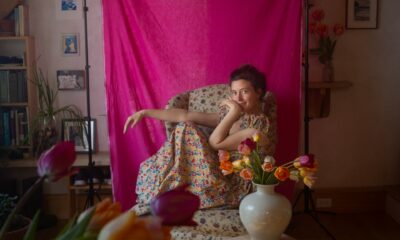
 Folk5 days ago
Folk5 days agoKatherine Perkins Strikes the Right Tone with Her “Hold On” Music Video Premiere

